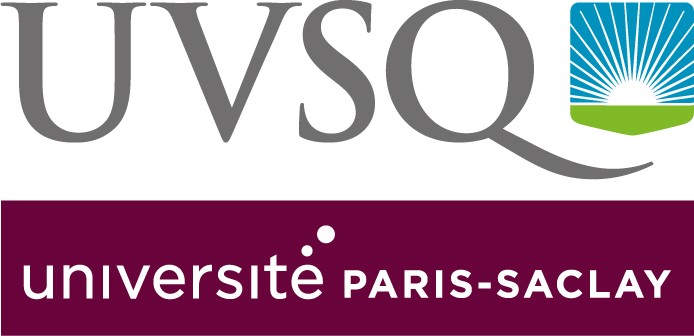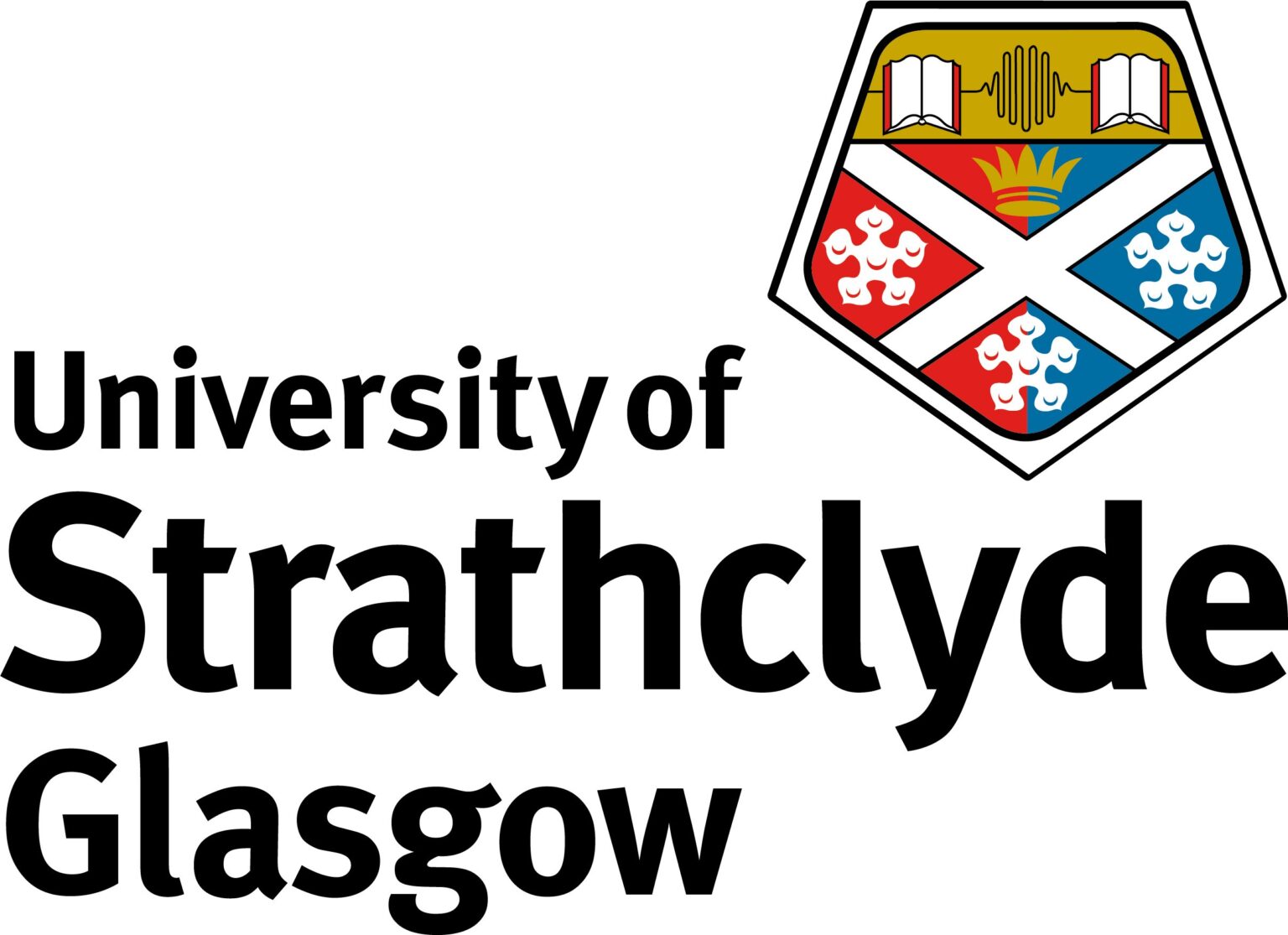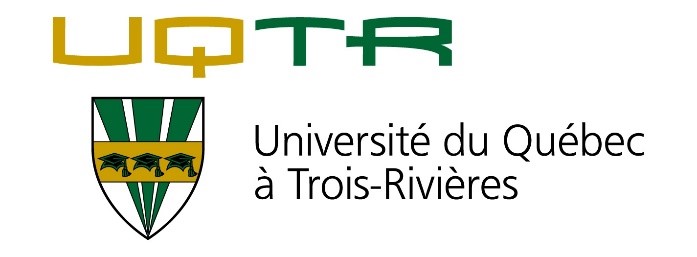Home
Over the past two decades, the powers of law enforcement agencies have expanded considerably in many established western democracies. In the light of heightened concerns about terrorism and popular protest, police have been granted extensive powers and additional resources. At the same time, new technologies and transnational police networks has made it possible to intervene against citizens in multiple ways that challenge their fundamental rights. Simultaneously, police malpractice and misuse of powers has moved from the fringes to become a mainstream political issue, with many claims being supported by recordings of the incidents and mass-disseminated on the internet.
The mounting evidence of widespread police malpractice has highlighted the multiple obstacles facing citizens who complain about police acts they feel violate their rights and dignity. It has also proved difficult, even in established democratic countries, to mobilise governments to reform police complaints procedures and provide citizens with meaningful access to voice their grievances. As a result, there is currently an urgent need for investigations into citizens' access to complain against the police over acts and behaviour that they find objectionable. Read more about this on our About the Project page.


















